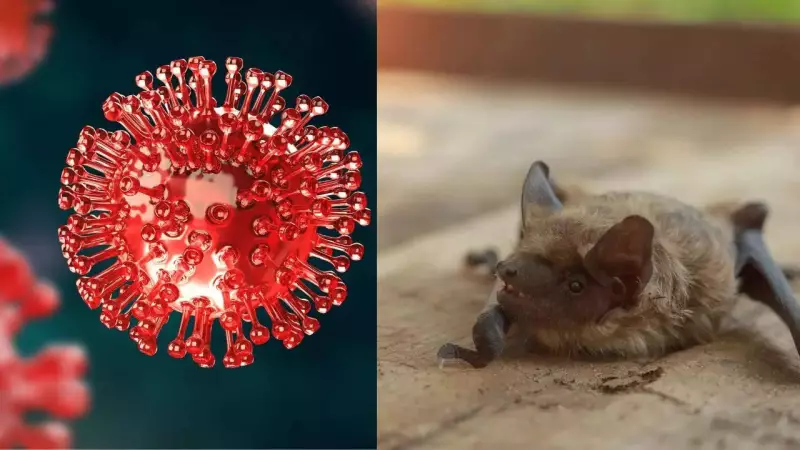
In a groundbreaking discovery that has sent ripples through the global health community, scientists have identified a new coronavirus named BRZ BatCov lurking in Brazil's moustached bats. This finding provides crucial evidence about the natural origins of COVID-like viruses and raises significant concerns about future pandemic threats.
The Discovery That's Shaking the Scientific World
Researchers conducting extensive surveillance of wildlife in Brazil have uncovered BRZ BatCov, a virus that shares alarming similarities with the SARS-CoV-2 virus responsible for the COVID-19 pandemic. The discovery was made in the species known scientifically as Pteronotus parnellii, commonly called moustached bats due to their distinctive facial features.
Why This Finding Matters for Global Health
This revelation is particularly significant because it demonstrates that coronaviruses with pandemic potential exist naturally in wildlife populations, independent of laboratory settings. The BRZ BatCov virus possesses genetic markers that suggest it could potentially jump to humans, though no such transmission has been documented yet.
Key findings from the research include:
- The virus was detected in bat populations across multiple regions of Brazil
- Genetic analysis reveals structural similarities to known human-infecting coronaviruses
- The discovery underscores the importance of continuous wildlife surveillance
- Researchers emphasize this doesn't pose an immediate threat but requires monitoring
What This Means for Future Pandemic Preparedness
Scientists are urging increased investment in global surveillance systems that monitor wildlife for emerging pathogens. The discovery of BRZ BatCov serves as a stark reminder that nature's viral reservoirs continue to pose potential threats to human health worldwide.
"This finding reinforces the need for proactive rather than reactive approaches to pandemic prevention," noted one of the lead researchers involved in the study. "Understanding these viruses in their natural hosts gives us a critical head start in preparing for potential future outbreaks."
The Silver Lining in This Discovery
While the news might sound alarming, scientists emphasize that identifying these viruses before they jump to humans provides invaluable opportunities to develop detection methods, research potential treatments, and strengthen public health infrastructure. The research team continues to study BRZ BatCov to better understand its characteristics and potential risks.





